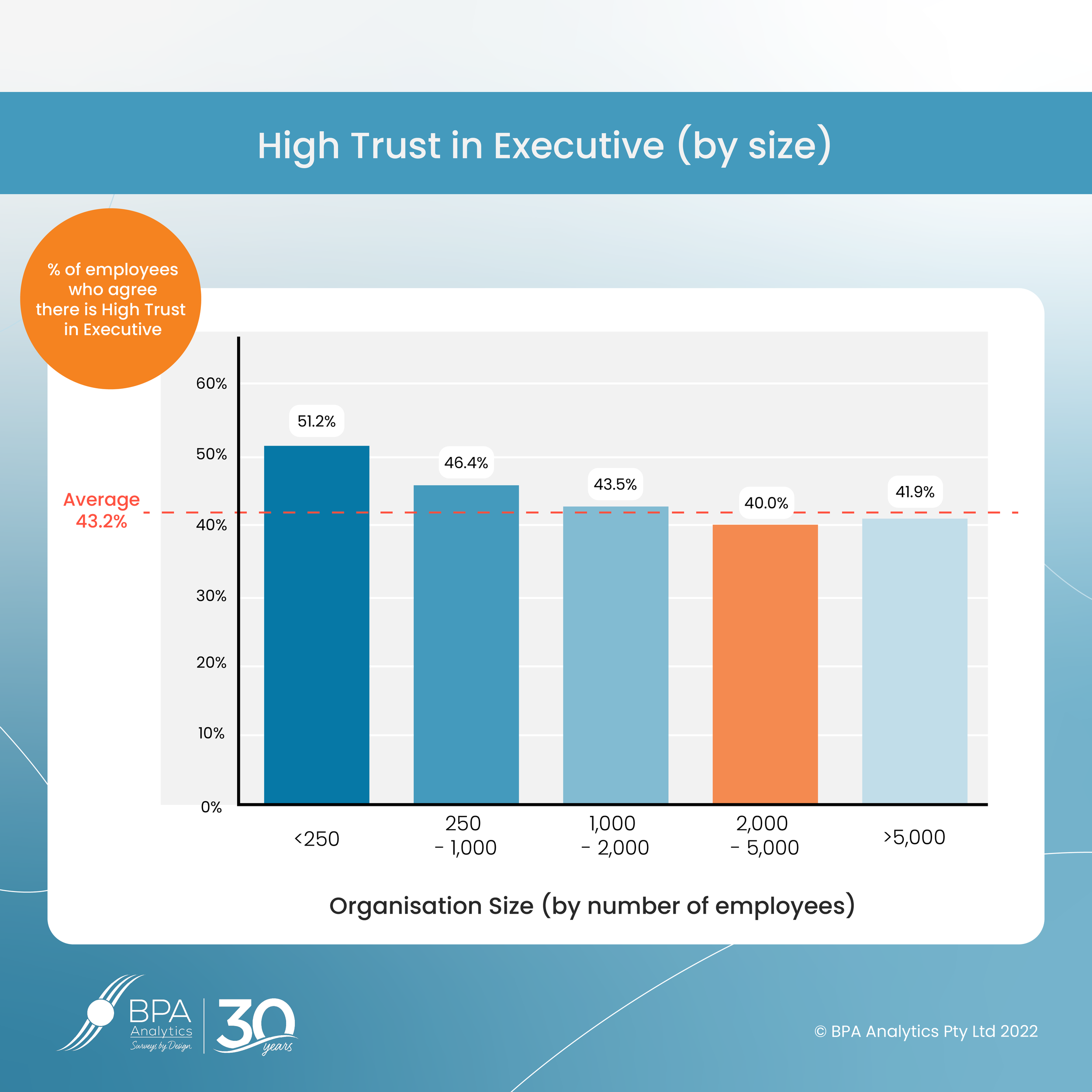Cultural Change - What can Unit Managers do?
/As a Unit Manager, you can’t control your organisation’s Cultural Norms, but you can control (or heavily influence) your own unit’s Cultural Norms.
BPA’s clients have an average 81% Success Rate in changing their Culture within the first 3 years.
And this is due, in large measure, to the hard work of Unit Managers in shaping the cultural norms in their own units that, together with other units, roll up into the organisation’s cultural norms.
Cultural Norms (at organisational and unit level) have 2 elements:
Firstly, the underlying level of positivity – which is regularly referred to as employee engagement.
Secondly, the day-to-day behaviours of how things get done and how decisions get made.
In your work unit, you can influence the level of positivity by:
Holding back from saying negative things that “put down” the organisation or other people in a destructive way, regardless of the provocation (Yes, I know – it’s easy to say but hard to do).
Being constructive with addressing problems and working on solutions rather than complaining and undermining the efforts of others (or even worse, ignoring the problems totally).
Demonstrating through your own actions that the attributes of a good/great organisation are alive and well in your own work unit, regardless of what might be happening in other units. Being visible, approachable, and supportive will count for a lot here.
In terms of behaviours in your work unit, you can have a strong influence by:
Identifying and supporting the behaviours that you think are acceptable, desirable, or ok to be tolerated.
Identifying and respectfully “calling out” the behaviours that you think are unacceptable, undesirable and that should not be tolerated.
Finding opportunities to be proactive in advancing the organisation’s values and putting them into practice.
Guiding the day-to-day narrative around how past events (organisational or unit) are viewed, and how much future events can be planned for constructively.
Watching how other unit managers are doing it and learning from their successes (but also their near-misses).
You can do all these things within your normal scope of practice as a Unit Manager.
When your efforts get aggregated with the positivity and behaviours of other units, then they create the organisation’s Cultural Norms. That’s where the 81% Success Rate in Cultural Change largely comes from.
Interestingly, an organisation’s Executive Team can also be viewed as a work unit in its own right.
Which, of course, means that an Executive Team can be influenced by the CEO in this same way.











